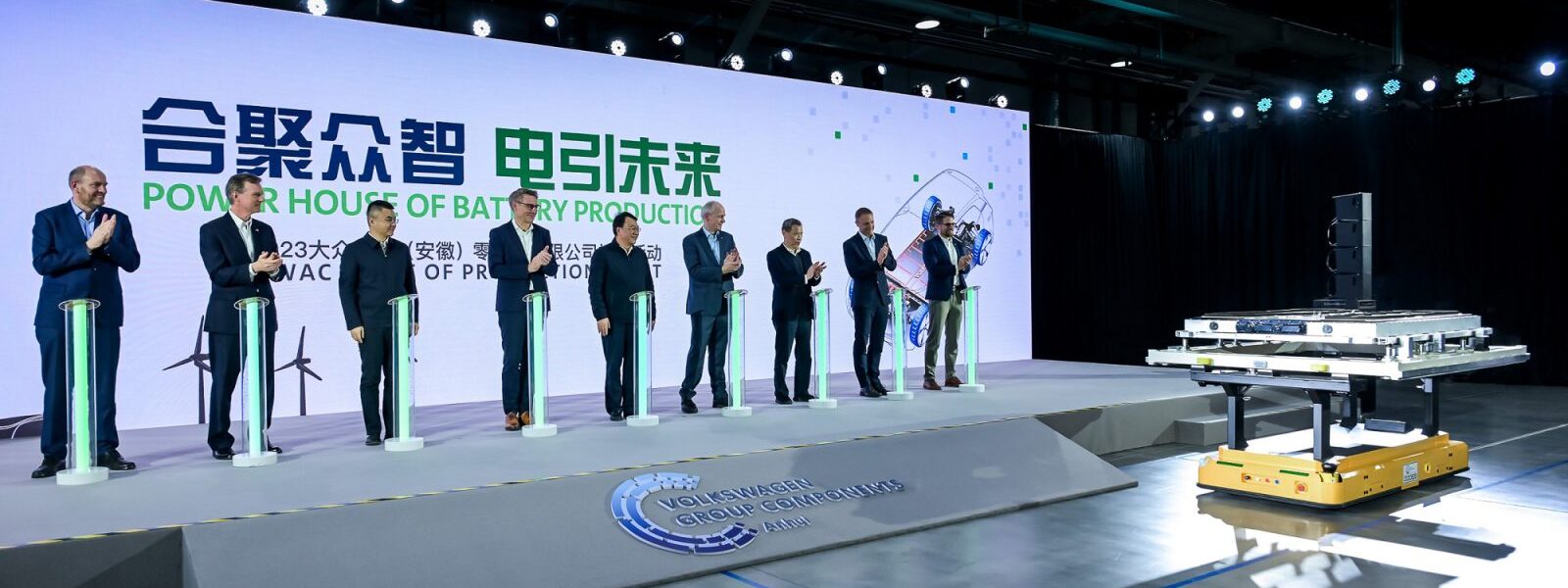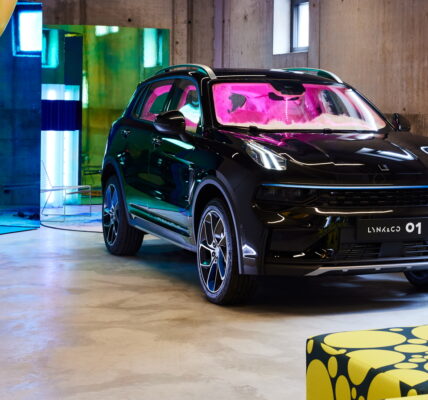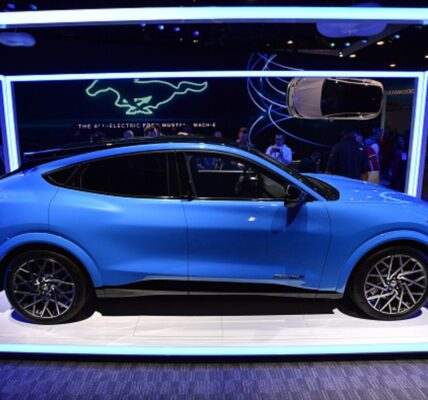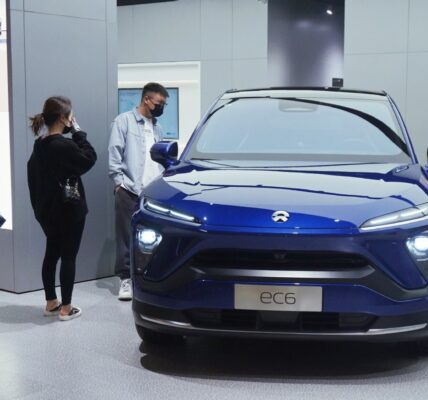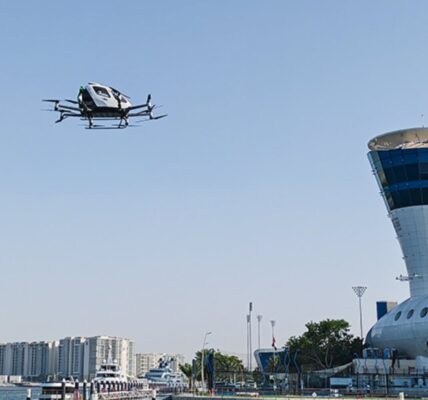Volkswagen Group China has begun producing battery systems at a new factory in Hefei, China for its MEB platform EVs in the country. The initial capacity of the plant will be 150,000-180,000 EV packs per year, and marks VW’s first wholly-owned battery manufacturing venture in the country.
Construction in China happens at breakneck speed, and this plant went from groundbreaking to the first production battery system rolling off the line in just twelve months. And, again, while the news in the US and Europe may be rather doom and gloom about EV production, the larger trends are clear: We need far more EV capacity than we have.
This plant is a little more than a mere announcement of manufacturing capacity, though. It will also be the first VW Group facility to manufacturer next-generation cell-to-pack (C2P) EV batteries, which do away with the modular structure of traditional EV batteries in favor of placing battery cells directly inside the battery pack housing. China’s CATL has been the innovation leader in this space to date with its Qilin cells.
The battery pack assembly line at VW China’s new factory in Hefei, China.
The main advantage of cell-to-pack battery systems is energy density, as they can effectively increase the amount of energy per kilogram in an EV battery by double-digit percentages (possibly 20-30%). C2P is also great for lower-cost, lower-density chemistries like LFP (lithium iron phosphate) because it makes achieving sufficient capacity in a given packaging constraint easier. And because C2P construction uses fewer materials and a less complex layout, it also has a strong likelihood of becoming cheaper than contemporary modular construction as it matures and scales.
VW is partnering with Gotion High tech for the underlying cell-to-pack technology for this part of the venture, but there’s no timeline as to when C2P battery designs will start rolling off the line.


